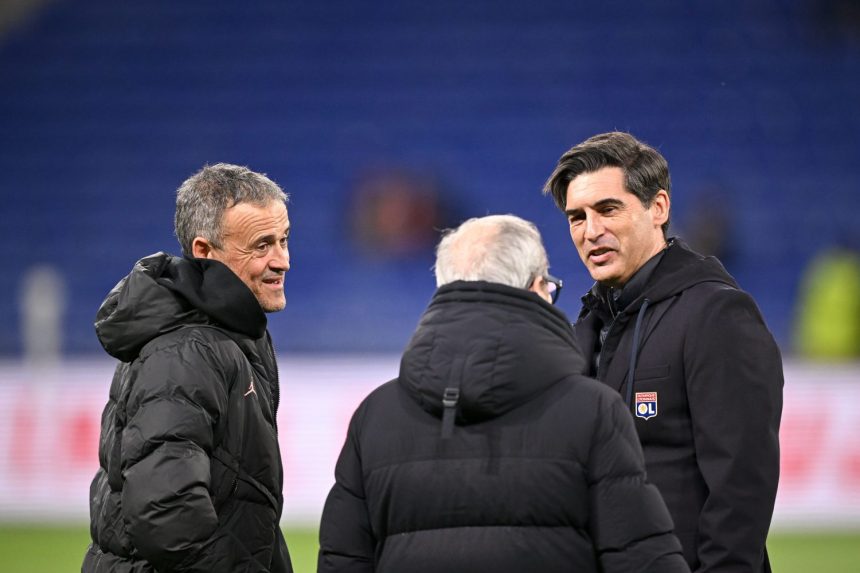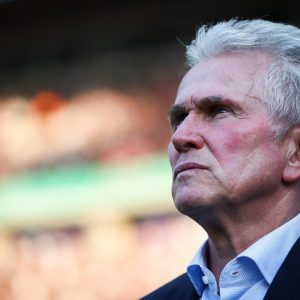Long criticized for his style and choices, Luis Enrique (54, PSG coach) has, in less than two seasons, imposed his vision and transformed Paris Saint-Germain into a veritable collective. His success, hailed by his peers such as Paulo Fonseca (OL coach), is embodied in a team that has overcome the loss of its stars to reach the Champions League final (victory on Wednesday 2-1 against Arsenal, 3-1 on aggregate), proving that beyond individuality, the strength of the group remains the key to success.
Fonseca “He’s had the merit of really making a team that works together to win”
“I really like Luis Enrique. He’s an example, a reference. If you look at PSG’s past, you see that they’ve lost the best players in the world with Messi, Neymar, Mbappé, and this moment is important. Important so that people in soccer understand that the most important thing is the team.
He (Luis Enrique) has really built a collective with players who want to work first and foremost for the team, the club. Today, it’s an advantage to have a player who’s open to the idea of working for the team.
He’s had the merit of really building a team that works together to win. We have other examples, but PSG is the great example of the moment.”
After arriving in the summer of 2023, Luis Enrique was initially met with doubts and criticism, accused of indifference or arrogance, and faced with the daunting task of rebuilding a PSG deprived of its icons Messi, Neymar and Mbappé.
And yet, the Spaniard has never deviated from his guiding principle: to impose high standards on a daily basis, to unite people around a collective project, and to place the team above its individuals. This philosophy culminated in a decisive meeting, revealed by Luis Enrique himself, which served as a mental trigger for the group in the midst of a period of doubt.
The results now speak for themselves: 70% victories in 100 games, an average of 2.51 goals per game, and unchallenged domination on the domestic scene. Above all, Paris is back in Europe with a clear identity, hailed by its opponents and its own players alike, such as Achraf Hakimi, who describes him as a “genius”.
Luis Enrique’s version of PSG is a team where everyone agrees to work for the collective, where cohesion takes precedence over individuality, and where progress is constant.
Today, as Paris prepares to contest yet another Champions League final, Luis Enrique has established himself as the architect of this metamorphosis. He has proved that, even in a club accustomed to stars, success depends on the strength of the group and the rigour of daily work.

